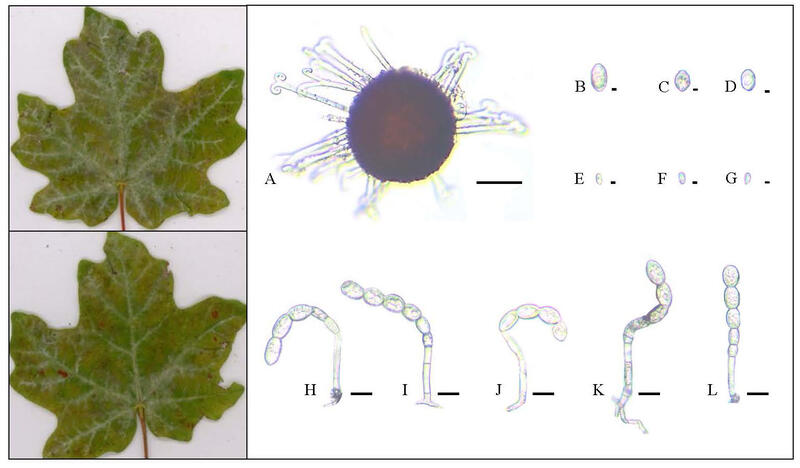Date:
Location:
Michael Bradshaw
HUH Research Fellow
Title: Reconstructing the worldwide epidemic spread of powdery mildews by sequencing herbarium specimens
Abstract:
Herbarium specimens can be an opportunistic source of genetic material that can shed light on the recent past, and consequently, sequencing these specimens can be a valuable tool for reconstructing the spread of common pathogens. In the initial response to a novel epidemic, it is not always certain what the causative agent is and in the case of a newly introduced pathogen, there is often a considerable lag between detection and identification, and between identification and ascertaining the invasion pathway. Recently, in the Pacific Northwest there have been reported declines in Acer macrophyllum (bigleaf maple), that have been coupled with the rather sudden appearance of A. macrophyllum heavily infected with powdery mildew. Field studies reveled that Washington State is undergoing a S. bicornis epidemic and morphological and genetic analyses confirmed that the pathogen causing the epidemic was Sawadaea bicornis. Following proper fungal identification, 140 freshly collected and herbarium specimens of powdery mildew on Acer spp. identified as Sawadaea bicornis were obtained and genetically evaluated to gain insight on the invasion dynamics of this ecologically detrimental plant pathogen. Subsequent analyses revealed seven different haplotypes that are phylogenetically split into two separate groups. Multiple lines of evidence including, a high diversity of haplotypes found in Europe and sequence results from a specimen from 1864 allowed us to conclude that S. bicornis has a European origin. Furthermore, sequence data from a specimen from 1938 in Canada show that the pathogen has been present in North America for at least 82 years. This study highlights how older herbarium specimens, and the genetic data they contain, can be valuable resources in efforts to ascertain the arrival and spread of detrimental plant pathogens, provide insights on the epidemiology of plant diseases, and address a broad range of ecological, evolutionary and pathological questions relating to plant disease dynamics.
Host Lab: Pfister

This seminar is free and open to the public but REGISTRATION IS REQUIRED. After registering, a confirmation e-mail with a link to the live Zoom seminar will be sent. If you do not already have the free Zoom app, please download it in advance for the best user experience.
